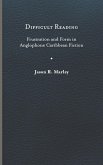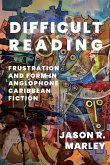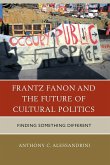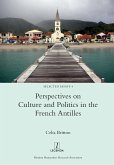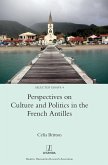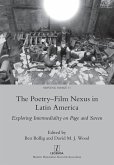Frantz Fanon remains one of the greatest and most influential postcolonial thinkers. If he has been analysed by turns as a political thinker, a philosopher and a psychiatrist, however, he has less often been examined as a reader of literature. Yet his writing is littered with references to literary works, he is often cited by postcolonial literary critics as a reference point, and his own work is a richly textured aesthetic enterprise. Literary texts are woven into his philosophical, political, and psychological analyses, and repeatedly serve as springboards and interlocutors for his own, interdisciplinary reflections on racism, colonialism, and revolution. Hiddleston offers a rigorous analysis of Fanon's engagement with literature, and provides detailed readings of Fanon's often eclectic and wayward readings of literary works in order to uncover both his mixed responses to them and his evolving understanding of literarity. In so doing, she examines his vision for the transformative power of literature and its capacity for a dynamic, revolutionary form of 'invention', while analysing how far this vision is played out in works he read or that complement his thought. Jane Hiddleston is Professor of Literatures in French, and a Fellow of Exeter College, at the University of Oxford.
Hinweis: Dieser Artikel kann nur an eine deutsche Lieferadresse ausgeliefert werden.
Hinweis: Dieser Artikel kann nur an eine deutsche Lieferadresse ausgeliefert werden.



